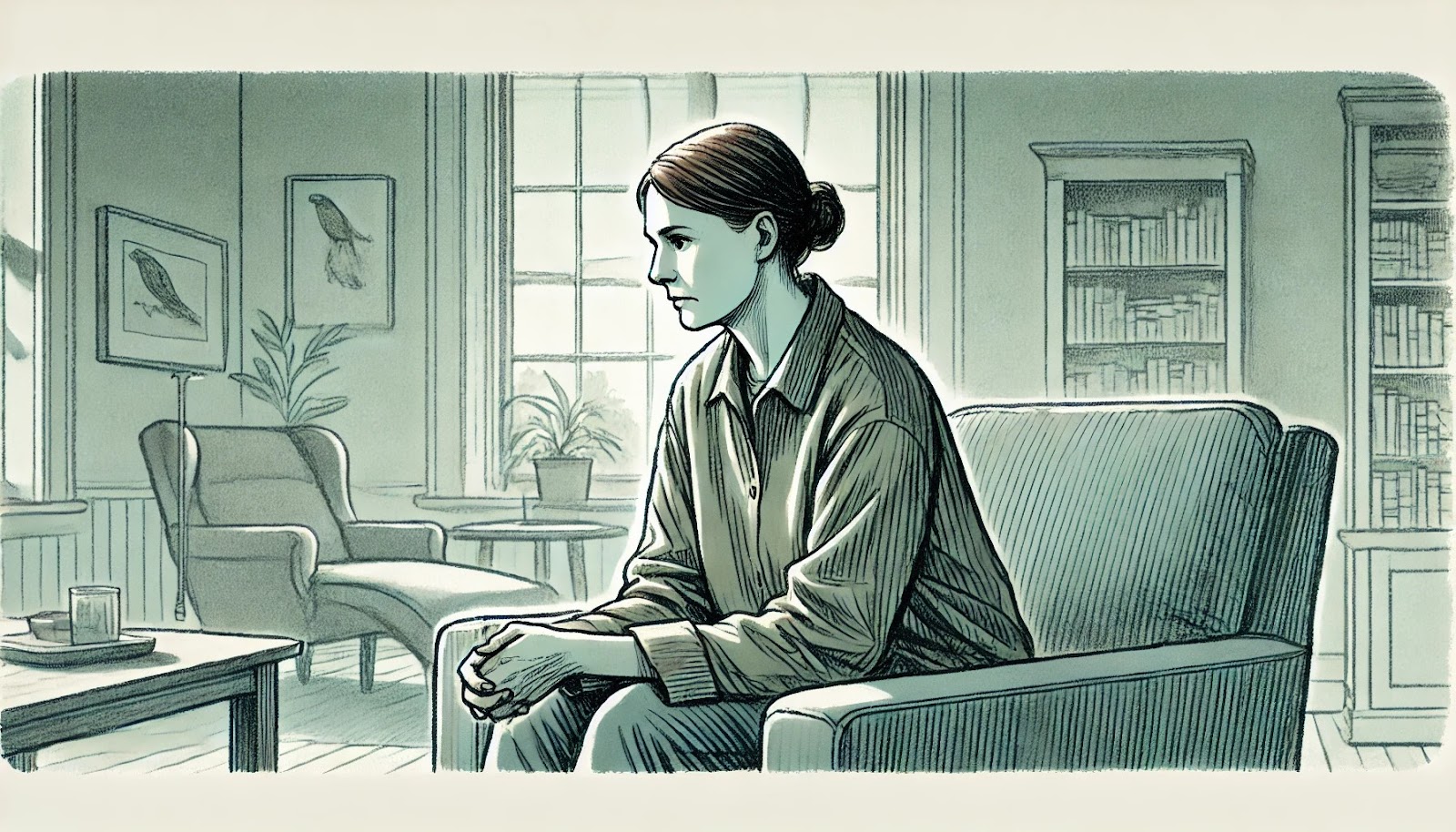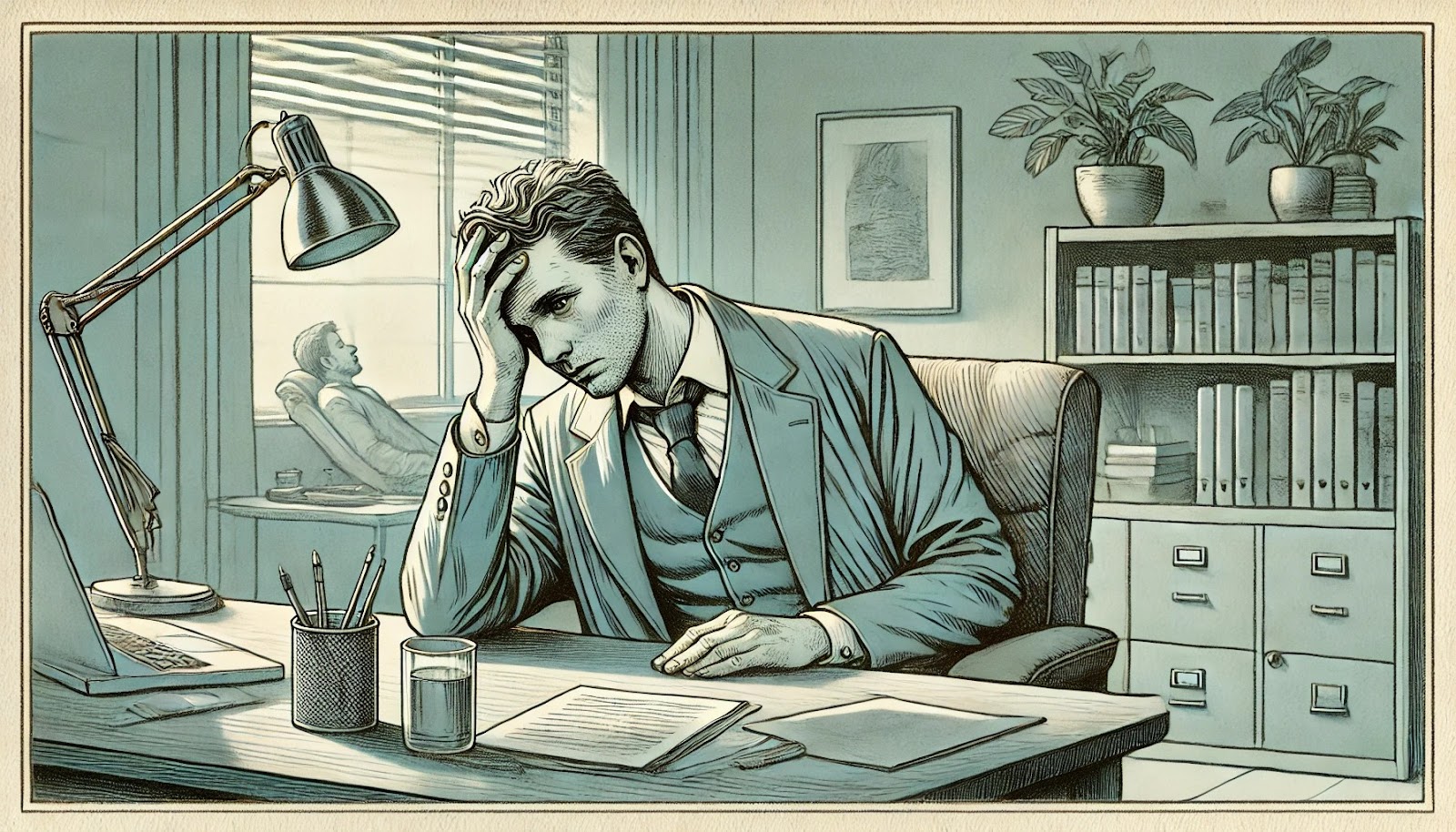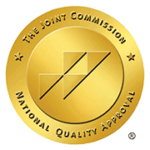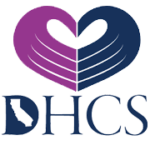
Key Takeaways
- Depression checklists are tools used to identify symptoms of depression in adults.
- Depression manifests through various symptoms including persistent mood changes, concentration difficulties, and feelings of hopelessness that significantly impact daily functioning.
- Identifying depression symptoms early through standardized checklists like the PHQ-9, Beck Depression Inventory, or Zung Self-Rating Scale can lead to more effective treatment.
- Professional help should be sought if depression symptoms are identified after taking a depression checklist assessment.
- Mission Connection provides personalized depression treatment that focuses on building lasting emotional and mental well-being through tailored care plans, regular check-ins, and skill development.
Depression Symptoms Checklist
Depression symptom checklists are tools that help both professionals and individuals identify potential symptoms of depression. These checklists are designed to provide a structured way of assessing mental health symptoms and can be used in clinical settings or self-assessments.
They serve as a preliminary tool to help individuals recognize symptoms that may indicate the need for further evaluation by a mental health professional. The checklist is not a diagnostic tool but rather a guide to understanding one’s mental health status.
Who Can Use the Checklist
Anyone can use a depression symptom checklist, regardless of age or background. It’s particularly useful for:
- Individuals who suspect they might be experiencing symptoms of depression.
- Family members who are concerned about a loved one’s mental health.
- Healthcare providers as a preliminary assessment tool.
- Employers or educators who notice changes in an individual’s behavior or performance.
The checklist can help bridge the gap between recognizing symptoms and seeking professional help.
| Mission Connection: Outpatient Mental Health Support Mission Connection offers flexible outpatient care for adults needing more than weekly therapy. Our in-person and telehealth programs include individual, group, and experiential therapy, along with psychiatric care and medication management. We treat anxiety, depression, trauma, and bipolar disorder using evidence-based approaches like CBT, DBT, mindfulness, and trauma-focused therapies. Designed to fit into daily life, our services provide consistent support without requiring residential care. Start your recovery journey with Mission Connection today! |
Common Symptoms of Depression in Adults
Mood Changes
Depression can manifest as feelings of sadness, hopelessness, or emptiness. Individuals may also experience irritability or frustration over small matters.

These mood changes can affect relationships, work performance, and overall quality of life. Recognize when these feelings persist for an extended period, as this may indicate depression.
Sleep Patterns
Depression often disrupts normal sleep patterns. Some individuals may experience insomnia, finding it difficult to fall asleep or stay asleep. Others may sleep excessively, struggling to get out of bed in the morning.
Changes in sleep can further exacerbate other symptoms of depression, such as fatigue and difficulty concentrating.
Appetite and Weight Changes
Some individuals may lose their appetite, leading to weight loss, while others may experience increased cravings and weight gain.
These changes can impact physical health and self-esteem, making it important to monitor and address them as part of a comprehensive depression treatment plan.
Energy Levels
Depression often brings a noticeable decline in energy levels, making even simple tasks feel exhausting.
This persistent fatigue can lead to decreased productivity at work or school and a lack of motivation to engage in daily activities. Recognize this symptom early as it can significantly impact one’s quality of life and even cause hopelessness.

Concentration Difficulties
Adults experiencing depression may find it challenging to concentrate or make decisions. It may feel like a mental fog is clouding one’s ability to think clearly, leading to frustration and decreased self-confidence.
This cognitive impairment can affect job performance, academic success, and personal relationships.
Feelings of Hopelessness
Feelings of hopelessness are common in depression and can be overwhelming. These emotions may lead individuals to believe that their situation will never improve, which can discourage them from seeking help or trying new coping strategies.
These feelings are a symptom of depression and not a reflection of reality. With appropriate treatment and support, individuals can find hope and regain a sense of purpose.
Examples of Popular Depression Checklists
The PHQ-9 Questionnaire
The Patient Health Questionnaire-9 (PHQ-9) is a widely used tool for screening, diagnosing, monitoring, and measuring the severity of depression. It consists of nine questions that align with the criteria for depression outlined in the DSM-IV, making it a reliable resource for both individuals and healthcare providers.
Each question is scored from 0 (not at all) to 3 (nearly every day), with a total score ranging from 0 to 27. A higher score indicates more severe symptoms of depression. The PHQ-9 helps to identify the severity of depression to help guide the right treatment.
Using the PHQ-9 regularly can track changes in symptoms over time, offer valuable insights into the effectiveness of treatment strategies, and the need for adjustments.
Beck Depression Inventory
The Beck Depression Inventory (BDI) is another well-established tool for assessing depression. Developed by Dr. Aaron T. Beck, it consists of 21 questions, each designed to assess a specific symptom of depression. The BDI is widely used in both clinical and research settings due to its proven reliability and validity.
Each question in the BDI is rated on a scale from 0 to 3, with higher scores indicating greater severity of depression. The checklist shows how severe the depression symptoms are, helping guide more personalized treatment.
Zung Self-Rating Depression Scale
The Zung Self-Rating Depression Scale is a short, self-administered survey designed to assess the level of depression in individuals. It comprises 20 items that evaluate the affective, psychological, and somatic symptoms associated with depression.
Responses are scored on a scale from 1 (a little of the time) to 4 (most of the time), with a total score ranging from 20 to 80. Scores are then categorized into normal, mild, moderate, or severe depression levels.
The Zung Scale is particularly useful for those seeking a quick, straightforward method to assess their mental health.
Importance of Early Detection
Quicker Recovery
Getting early treatment for depression can prevent it from becoming more severe and harder to manage. It also supports quicker recovery, lowers the risk of relapse, and empowers individuals to maintain their daily routines and responsibilities.
Preventing Severe Episodes
Addressing depression symptoms promptly can prevent the development of severe episodes that may require more intensive treatment. Severe episodes can lead to hospitalization or a significant disruption in daily life, affecting relationships and work.
Reduced Impact on Quality of Life
Depression can impact an individual’s quality of life, affecting their relationships, work, and social interactions. Early detection and treatment can help mitigate these effects, allowing individuals to enjoy a fulfilling and balanced life.
Self-Help Strategies
Incorporating Exercise
Physical activity releases endorphins, which are natural mood lifters. Regular exercise can help reduce symptoms of depression and anxiety, improve sleep, and boost self-esteem.

Maintaining a Routine
Establishing a daily routine can provide structure and stability, which are important for managing depression. A routine helps you focus on daily tasks and responsibilities, reducing feelings of overwhelm and chaos.
Start by setting small, achievable goals for each day. This might include setting a regular wake-up time, planning meals, or scheduling time for relaxation and self-care.
Mindfulness and Relaxation Techniques
Mindfulness practices such as meditation, deep breathing, and progressive muscle relaxation can reduce anxiety and promote relaxation.
These techniques encourage individuals to focus on the present moment and develop a greater awareness of their thoughts and feelings. Over time, mindfulness can help you respond to stress more effectively and improve your overall mental health.
Seeking Professional Help
When to Consult a Therapist
If you or someone you know experiences persistent sadness, hopelessness, or difficulty functioning on a daily basis, seek professional help.

Therapists can provide a safe space to talk about feelings and develop coping strategies customized to individual needs. Early intervention can prevent symptoms from worsening and improve overall mental health.
Types of Therapies Available
Several types of therapy are effective in treating depression, including Cognitive Behavioral Therapy (CBT), Dialectical Behavior Therapy (DBT), and psychodynamic therapy.
- CBT is a structured, short-term therapy that focuses on identifying and changing negative thought patterns and behaviors, helping individuals develop healthier coping mechanisms to alleviate depression symptoms.
- DBT combines CBT with mindfulness practices to help individuals manage intense emotions, reduce emotional distress, and improve relationships, which can be particularly beneficial for those experiencing depression.
- Psychodynamic therapy is a form of talk therapy that explores unconscious processes and past experiences that may influence current behavior. It enhances self-awareness and insight, which can lead to meaningful changes in mood and behavior for individuals dealing with depression.
The Role of Medication
Medication can be a valuable component of depression treatment, particularly for moderate to severe cases. Antidepressants can help balance brain chemicals, reducing symptoms and improving mood.
Work closely with a healthcare provider to determine the most appropriate medication and dosage. Regular follow-ups ensure that treatment is effective and adjusted as needed.
Depression Recovery with Mission Connection
Mission Connection provides comprehensive care from professionals who understand the complexities of depression. Our approach goes beyond simply addressing symptoms; we focus on rebuilding your emotional foundation and reconnecting you with your inner strength.

At Mission Connection, when a checklist reveals signs of depression, we transform that awareness into action.
Our team of licensed mental health professionals in California, Virginia, and Washington delivers evidence-based therapies including CBT and DBT through one-on-one sessions and convenient online services, making quality depression treatment accessible regardless of your schedule.
Depression is treatable, and early intervention makes a significant difference. Contact us today to schedule a comprehensive assessment and take the first step toward lasting emotional and mental well-being.
Frequently Asked Questions (FAQ)
What is a depression checklist?
A depression checklist is a tool used to identify the symptoms of depression. It typically consists of a series of questions or statements related to common symptoms, such as mood changes, sleep disturbances, and appetite changes. These checklists can help individuals and healthcare providers assess the presence and severity of depression.
How effective are depression checklists?
Depression checklists are effective tools for screening and assessing depression. They provide a structured way to identify symptoms and can guide further evaluation and treatment. However, they are not diagnostic tools and should be used in conjunction with professional assessment and guidance.
Can I self-assess my depression using a checklist?
Yes, individuals can use depression checklists to self-assess their symptoms. These tools can provide valuable insights into one’s mental health and help identify potential areas of concern.
What should I do after using a depression checklist?
After using a depression checklist, review the results and consider how the identified symptoms may be affecting your daily life. If the checklist suggests the presence of depression symptoms, reach out to a healthcare provider for further evaluation.
What types of depression does Mission Connection treat?
Mission Connection treats various forms of depression including Major Depressive Disorder (MDD), Persistent Depressive Disorder (Dysthymia), Seasonal Affective Disorder (SAD), and situational depression.
Our comprehensive approach allows us to customize treatment to each specific type of depression and individual needs through assessment and personalized care plans.








